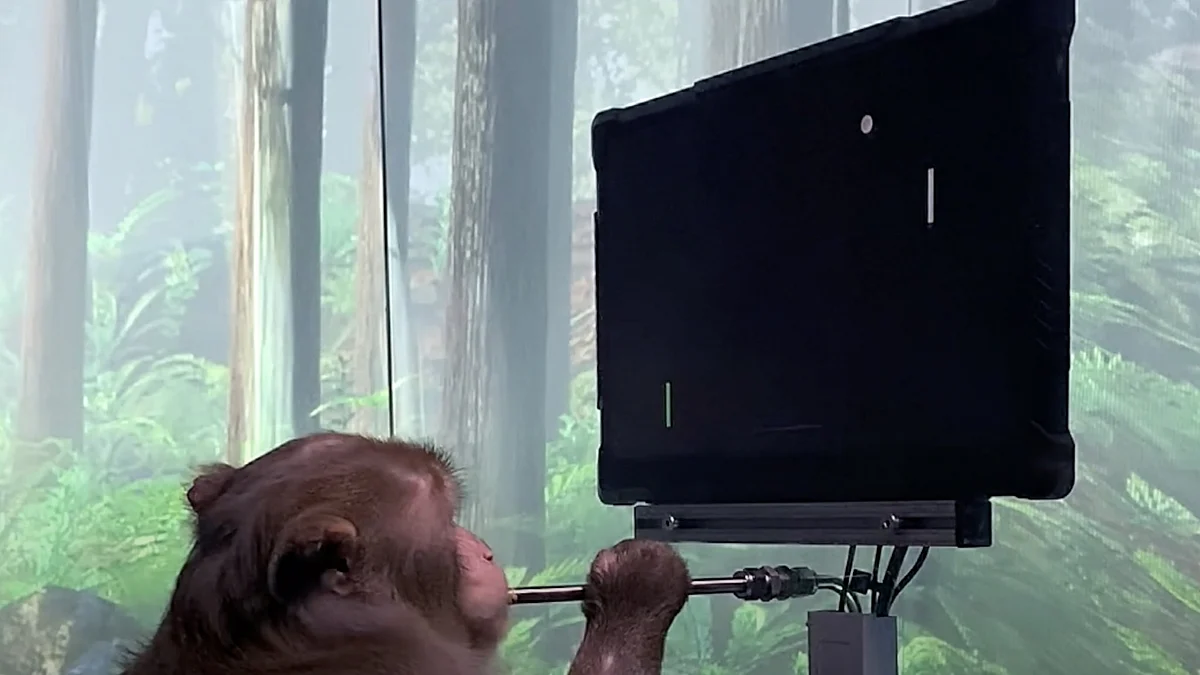Musk's Neuralink denies monkeys were harmed during brain-chip research
Neuralink said that they are absolutely committed to working with animals in the most humane and ethical way possible

Tech billionaire Elon Musk's brain-chip company Neuralink has denied claims from an animal rights group that accused the company of subjecting monkeys to "extreme suffering" during years of experiments.
The nonprofit Physicians Committee for Responsible Medicine (PCRM) has accused Neuralink and UC Davis of nine violations of the federal Animal Welfare Act.
In a statement, Neuralink said that they are absolutely committed to working with animals in the most humane and ethical way possible.
"While the facilities and care at UC Davis did and continue to meet federally mandated standards, we absolutely wanted to improve upon these standards as we transitioned animals to our in-house facilities," the company said late on Tuesday.
The company further said that the questions around Neuralink's use of research animals at the University of California, Davis Primate Center "come from people who oppose any use of animals in research".
"Currently, all novel medical devices and treatments must be tested in animals before they can be ethically trialed in humans. Neuralink is not unique in this regard," it added.
Neuralink's brain chips were implanted in monkeys' brains during a series of tests at the University of California, Davis from 2017 to 2020, according to the PCRM compliant filed with the US Department of Agriculture.
In one example, a monkey was allegedly found missing some of its fingers and toes "possibly from self-mutilation or some other unspecified trauma".
The monkey was later killed during a "terminal procedure," the complaint claimed.
In another case, a monkey had holes drilled in its skull and electrodes implanted into its brain, then allegedly developed a bloody skin infection and had to be euthanised, according to the complaint.
In a third instance, a female macaque monkey had electrodes implanted into its brain, then was "overcome with vomiting, retching and gasping".
Days later, researchers wrote that the animal "appeared to collapse from exhaustion/fatigue" and was subsequently euthanised.
The experiments involved 23 monkeys in all. At least 15 of them died or were euthanised by 2020, according to the animal rights group.
The company, however, said that no such injuries occurred at any time to animals housed at UC Davis while part of Neuralink's project".
"At Neuralink, we are never satisfied with the current standards for animal well being and we will always push ourselves to do more for the animals that are contributing so much to humanity," it added.
Musk claims that Neuralink's brain chips will one day make humans hyper-intelligent and let paralysed people walk again.
Follow us on: Facebook, Twitter, Google News, Instagram
Join our official telegram channel (@nationalherald) and stay updated with the latest headlines